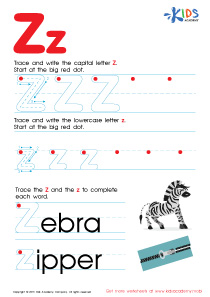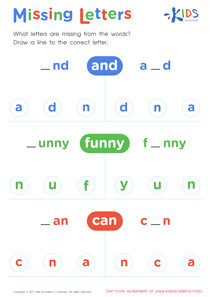Spelling practice Extra Challenge Phonics Worksheets for Ages 5-8
8 filtered results
-
From - To
Introducing our Spelling Practice Extra Challenge Phonics Worksheets for Ages 5-8! Designed to make phonics both fun and educational, these worksheets provide an extra challenge to help your child excel in spelling. Each activity encourages young learners to recognize letter patterns, improve pronunciation, and reinforce their reading skills. Our colorful, engaging exercises boost confidence and make learning exciting. Perfect for at-home practice or classroom use, these worksheets cater to various learning styles and keep children motivated. Build a strong spelling foundation and enhance your child's phonics proficiency with our targeted, expert-developed resources. Get started today!


Let's Look for Consonants Worksheet
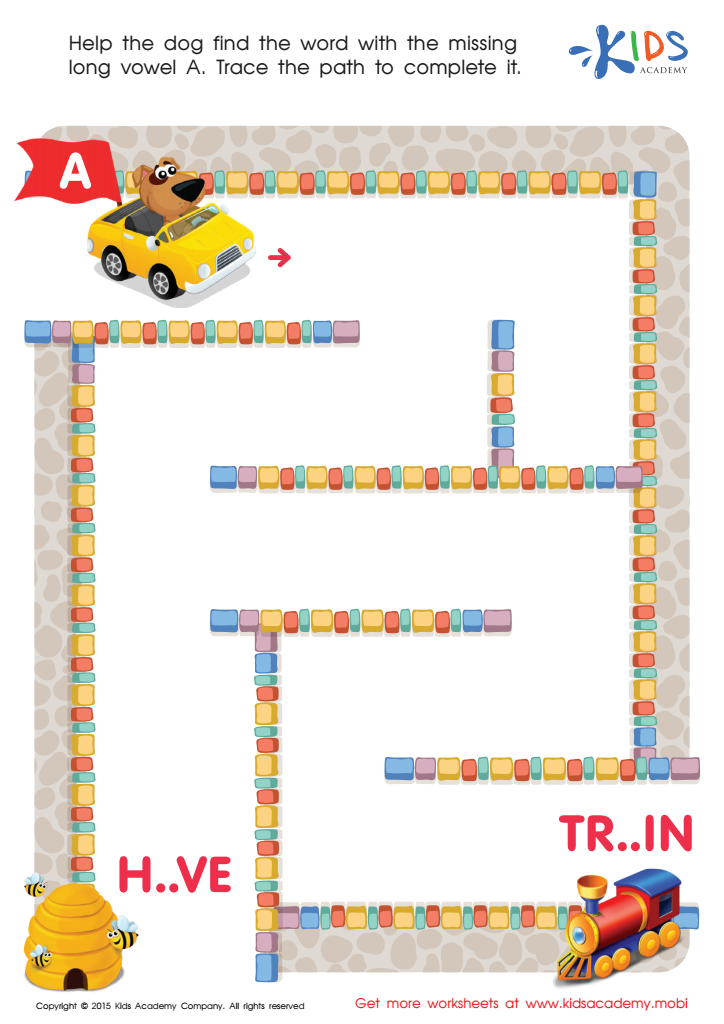

Long Vowel Sound A Worksheet
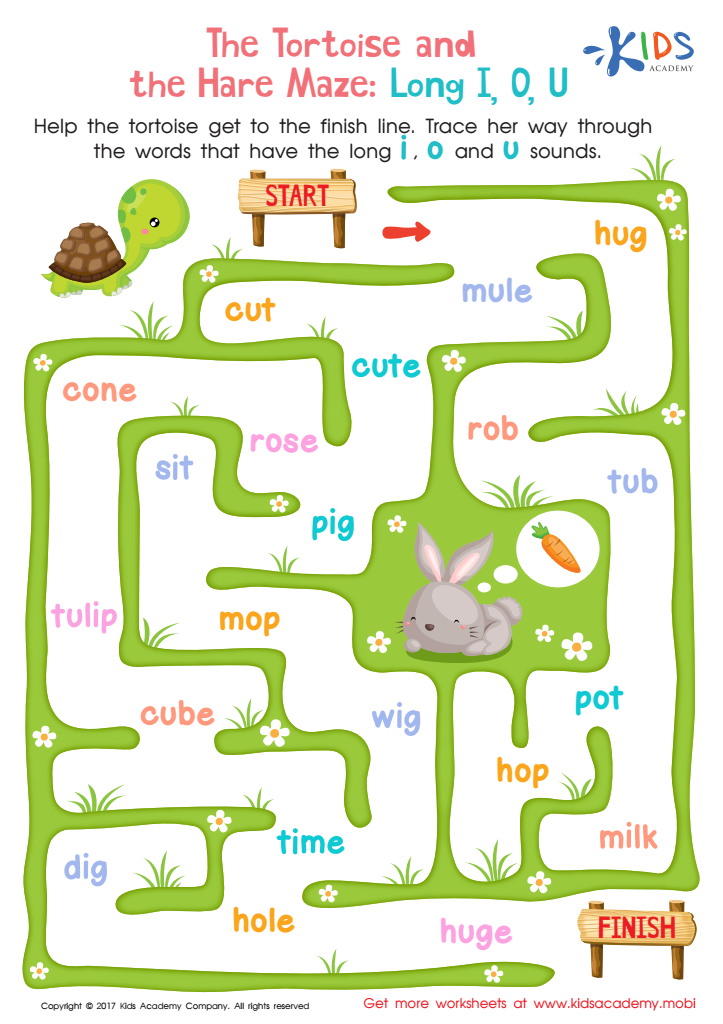

Long I, O, U Words Worksheet
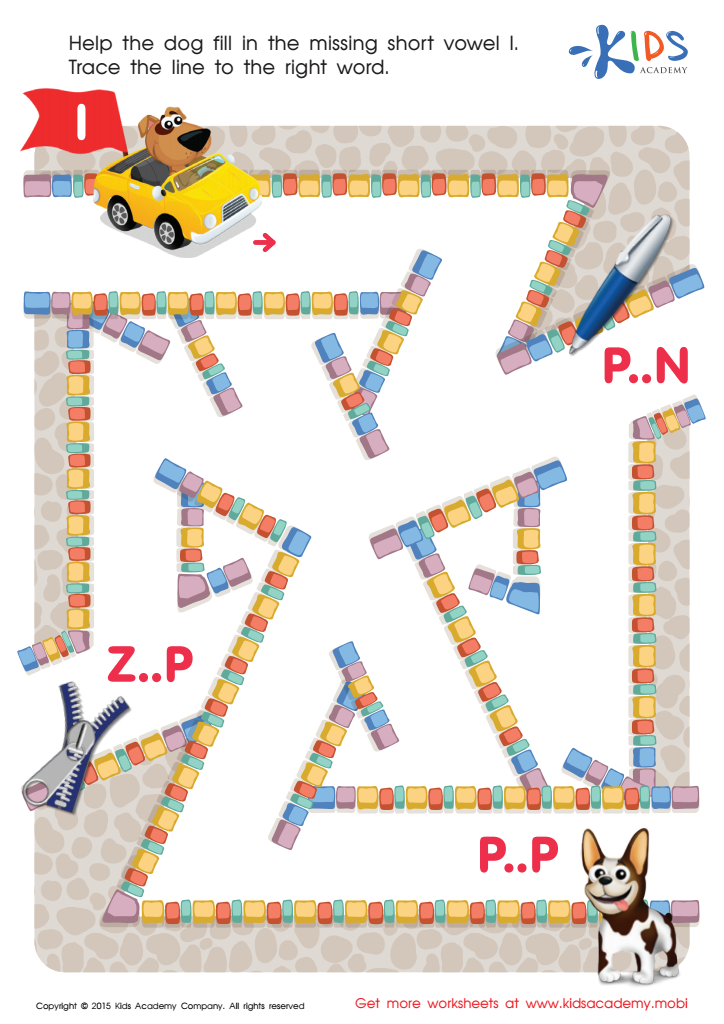

Short Vowel Sound I Worksheet
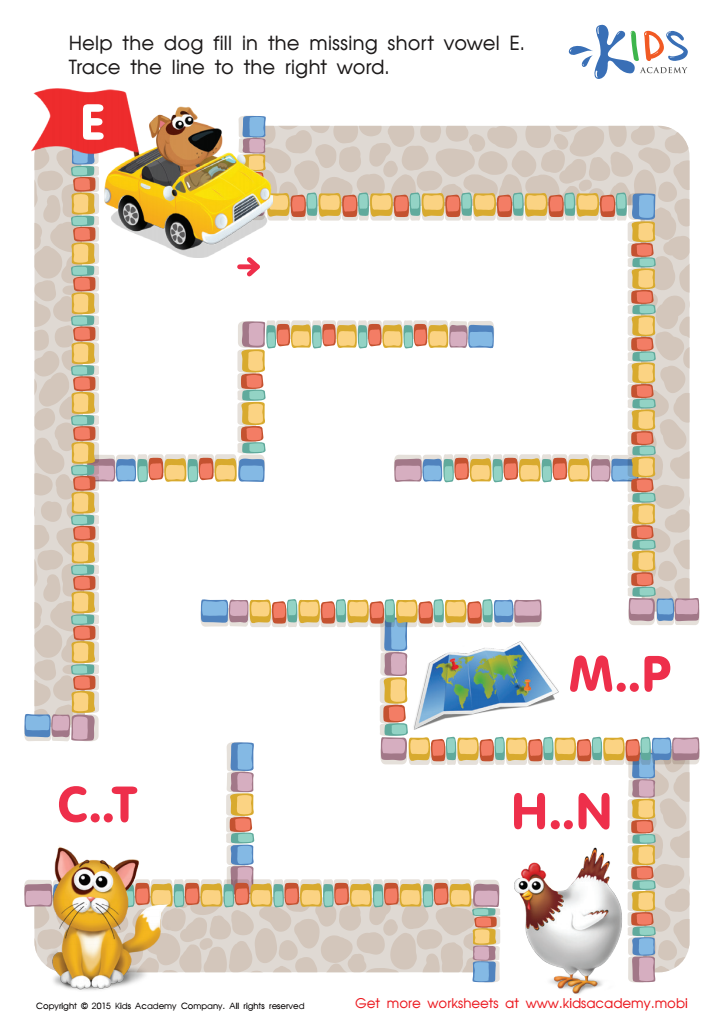

Short Vowel Sound E Worksheet
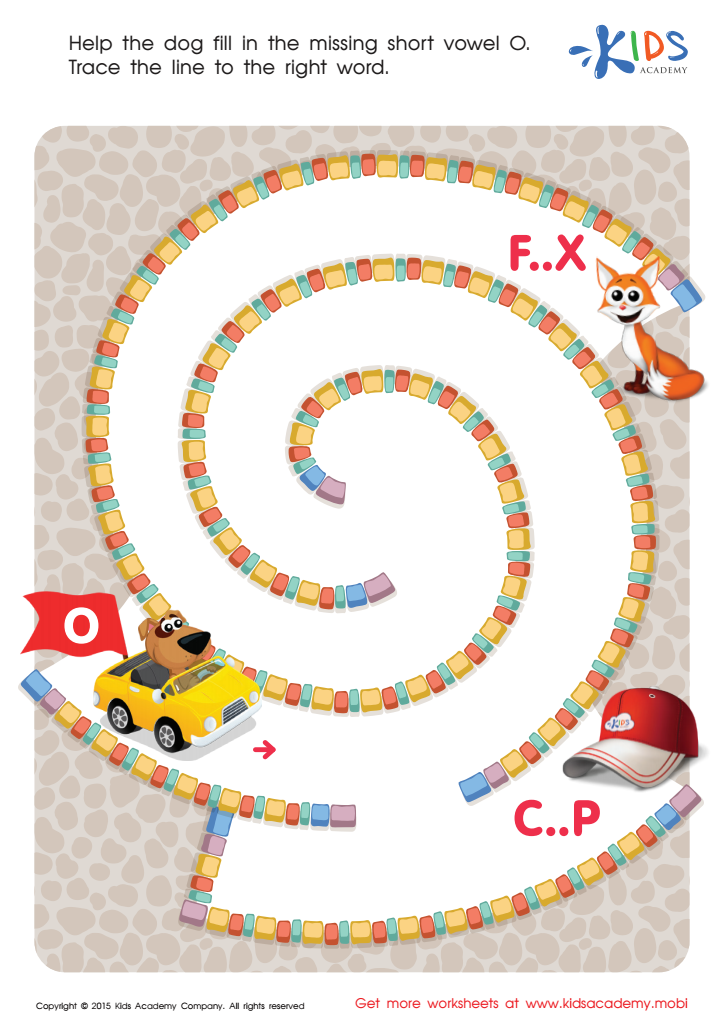

Short Vowel Sound O Worksheet
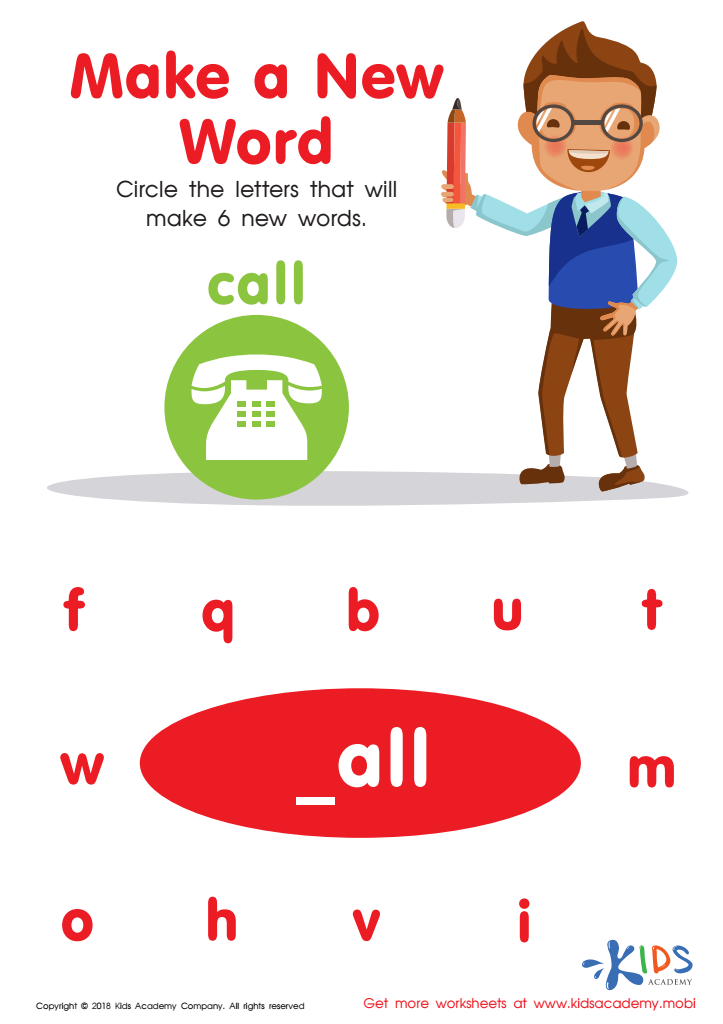

Make a New Word Worksheet
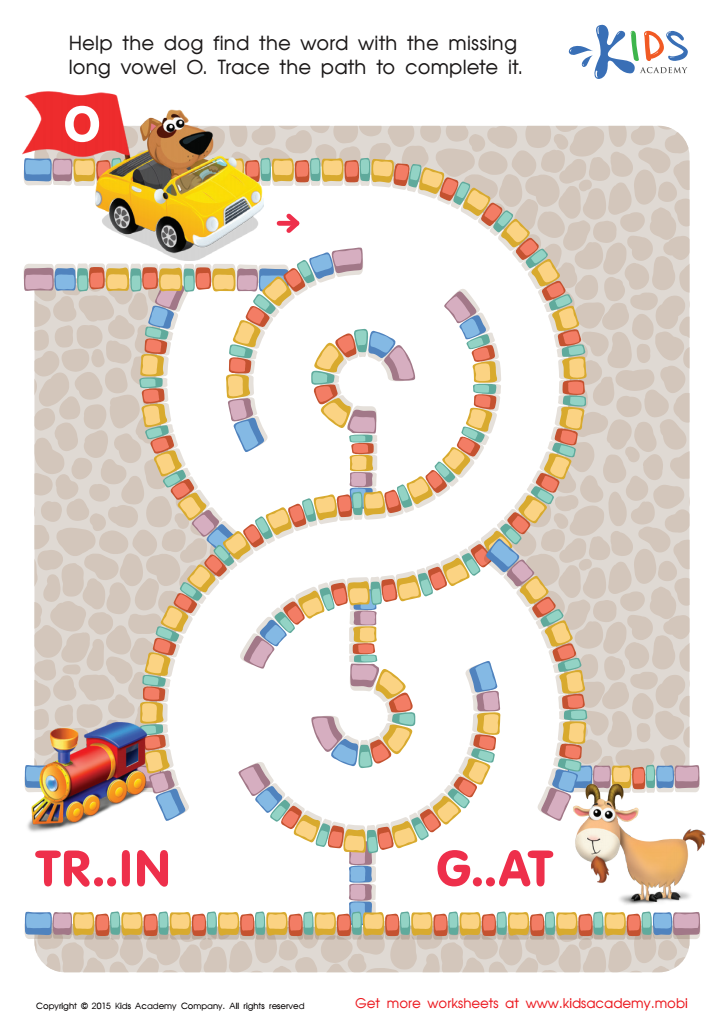

Long Vowel Sound O Worksheet
Parents and teachers should prioritize Spelling practice Extra Challenge Phonics for children aged 5-8 because these foundational years are critical for literacy development. During this period, young learners are particularly receptive to language acquisition, and strong phonics skills create a solid foundation for reading and writing. Spelling practice enhances children’s understanding of letter-sound relationships, which is crucial for decoding words. This skill not only promotes reading proficiency but also enhances spelling accuracy and vocabulary.
Strategies like Extra Challenge Phonics offer engaging, interactive, and systematic approaches to learning spelling patterns and sounds, making the process enjoyable and effective. This interactive learning can stimulate interest and motivation in children, fostering a lifelong love of reading. Moreover, improved spelling and phonics skills contribute to better academic performance across subjects, as reading comprehension is pivotal for overall learning.
Secondly, spelling and phonics practice helps in building memory, concentration, and cognitive skills, aiding children in other areas of learning. Additionally, strong literacy skills boost self-esteem and confidence, enabling young learners to express themselves more effectively. By integrating structured spelling and phonics practice into the daily routine for children aged 5-8, parents and teachers can set the stage for academic success and instill essential lifelong learning skills.

 Assign to My Students
Assign to My Students










